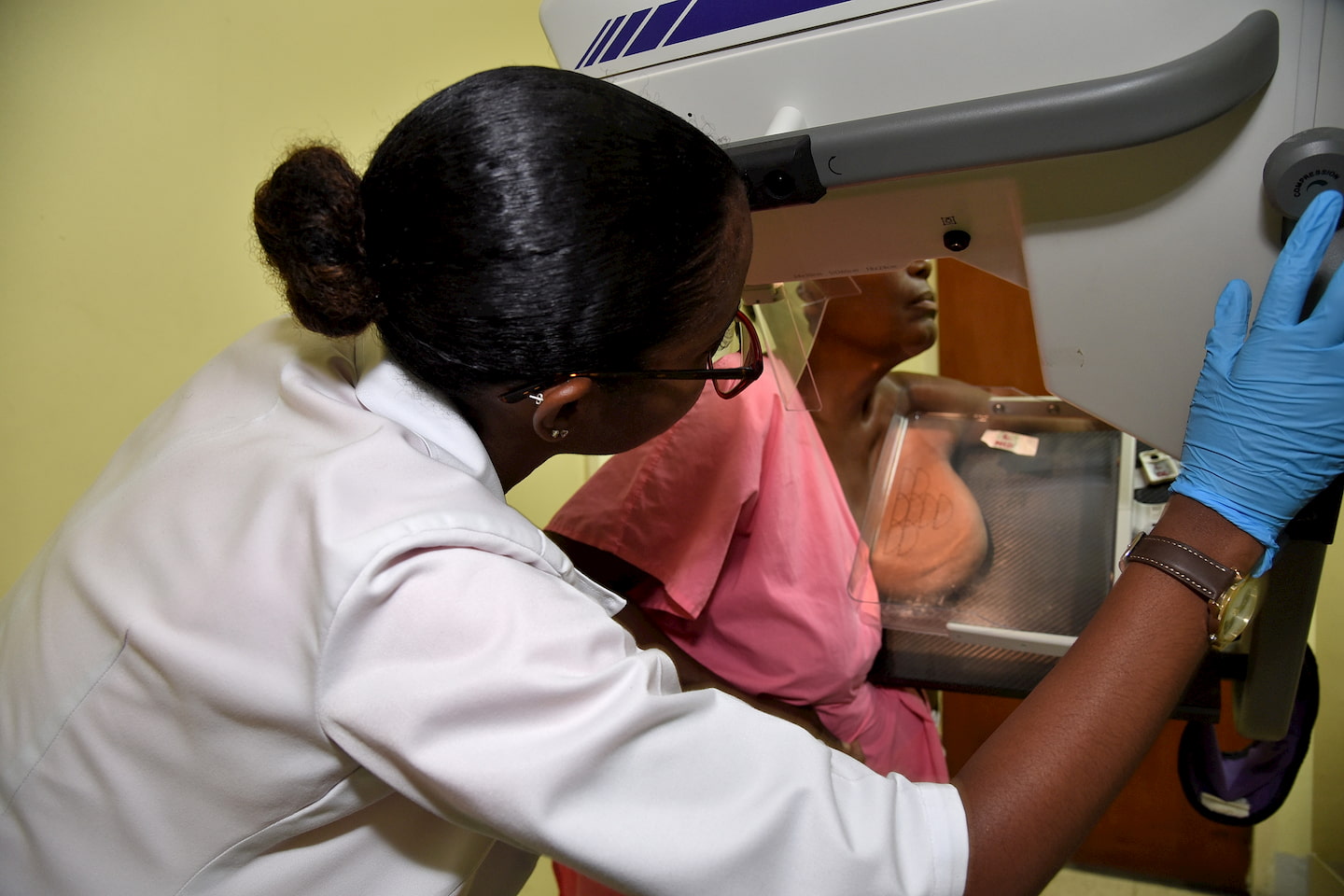Last week in Parliament, Minister of Health and Wellness Dr Christopher Tufton spoke in detail on the implementation of a long-awaited plan whereby the State will pay for a range of diagnostic tests offered by private facilities when these are unavailable at public health institutions.
All that will be required is the referral from a public health institution to a private provider for the services to be accessed. This is good economics, as well as praiseworthy health policy. Modern testing aids early and effective diagnosis that can lead to better and less costly outcomes.
Mammography is included among the tests to be underwritten. This means that women can now better protect themselves from the scourge of breast cancer without concern about having to pay for the test.
Government is listening. Even without saying so, the nation is moving beyond the cruel charade of pretending to offer free healthcare towards the underwriting of some of the high costs of the procedures vital to effective therapy and overall wellness.
Finally, the State is heeding the cry of tens of thousands of economically challenged Jamaicans whose health is compromised and, often, their lives threatened by the unavailability of overused, undermaintained and decrepit machinery in public facilities.
Of course, the reform in healthcare needs to go much further than this good step. Therapeutic treatments, especially dialysis for severe renal illness, remains an impossible challenge for the thousands of hapless sufferers. At an average cost of well over a million dollars per year for this life-preserving procedure, money well beyond the means of most who are in need and who have little or no health insurance. This is the next and immediate frontier for state investment.
And there are other possibilities. Tufton hopes to restore or replace obsolete hospital equipment over time, apparently from government resources. Given the more than $100 billion of debt servicing (unknown to most and deliberately camouflaged by others) which recent devaluations have visited on us, there is unlikely to be much space for what the finance minister calls “social expenditure”.
Peter Bunting advanced the useful proposal that private capital could be sought to purchase, maintain and lease to the Government the required technology. This is to be strongly recommended, as it would provide early relief and avoid the pitfalls of maintenance that the State seems unable to overcome.
Were we to couple such creative and collaborative approaches to financing and transforming the healthcare apparatus along with an expedited implementation of a contributory national health insurance scheme, the citizenry would have good reason to repose new confidence in the nation’s future.
Two other health issues to which the minister responded recently show how difficult we make it for ourselves to achieve change, even when urgency is admitted and there is broad agreement as to the need. The long-overdue legal amendment to ensure that each child’s birth certificate bears the name of his or her father is still going through tortuous review.
Equally, the comprehensive legislation to better regulate tobacco (and hopefully, by parity of reasoning, ganja and any other substances) is reportedly becalmed in the Sargasso Sea of governmental bureaucracy.
When money is short for major overhauls, significant, affordable social legislation can do much to appease public concern. Government is listening, but as yet with only one ear. Reclining chairs in place of adequate hospital beds do not cut it.







